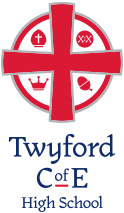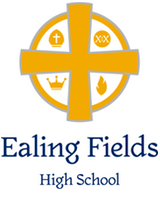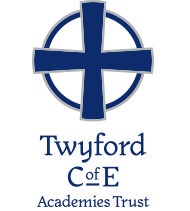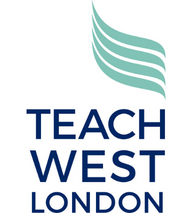General Introduction
As a Church of England High School, Religious Education will play a vital role in everyday school life. Our aim is to provide all pupils with a forum for discussion and debate on a range of religious matters, whatever their personal opinions or background. RE will inform and educate pupils on the key beliefs and teachings of the six major world religions, whilst also providing a forum to raise questions. In today’s society, religious matters are often making headlines for both good and bad reasons. Religious Education is extremely important as it allows the pupils to understand and analyse religious and other opinions, whilst also forming their own spiritual identity.
KS3 Overview
In KS3, pupils will come to understand the importance of Religious Education as a distinct subject within the school curriculum. They will learn the skills of discussion and debate within a classroom, as well as the necessity of understanding the reasons for different religious beliefs and values. It is these skills that will consistently be useful as they engage with challenging
topics throughout the school and provide a strong grounding for the GCSE.
The Year 7 curriculum is divided into 4 units: Introduction to RE; Introduction to Judaism; The Life of Jesus; and Introduction to Islam. In Year 8, the focus moves to the Eastern Religions, studying: Introduction to Hinduism; Introduction to Sikhism; and an Introduction to Buddhism.
KS4 Overview
Pupils will be following the AQA GCSE Religious Studies course, with a focus on Christianity and Islam. Over the course of 3 years they will study Christian and Muslim beliefs in depth as well as looking at how religious beliefs impact ethical issues and themes in modern living. Themes include: Relationships and Families; War, Conflict and Peace; Crime and Punishment; and the Existence of God and Revelation.
Assessment
Pupils will be assessed at the end of each of unit of learning. At KS3 these assessments will be in the form of short tests, which are designed to secure pupils’ knowledge and prepare them for the revision and exam skills that will be vital throughout their schooling. At KS4 the assessments will mirror the GCSE exam model. In addition to this, all pupils will receive assessed homework, which will allow us to monitor pupil progress and identify areas of strength and weakness.
All assessments will be marked according to GCSE grading criteria, which will be made available and understandable to all pupils.
Lesson Prep & Homework
Pupils will be set a short prep task after each lesson. These are designed to consolidate skills and learning from the previous lesson, or to prepare for the following lessons. As well as allowing pupils to progress to the best of their abilities, these tasks also develop learning habits that will be essential for future study. Once per unit, pupils will be given a longer homework task that forms part of the assessment cycle.
Alongside these tasks pupils are encouraged to be proactive in their independent learning. Religious topics are regularly debated in the media and pupils should look to read and discuss these articles with friends and family.
Stretching Students
At KS3, the department runs trips to places of worship linked to the curriculum, currently offering a Year 7 trip to West London Synagogue and a Year 8 trip to Jalaram Mandir. These trips will extend the pupils’ learning beyond the classroom and allow them to see the relevance of their studies in the wider world. Homework projects also provide an opportunity for students to go above and beyond to stretch themselves beyond the curriculum.
At KS4, we are running a ‘Future Theologians’ programme for pupils who are keen to be involved in exploring and debating religious issues outside the classroom. We have also arranged for visitors from local faith communities to come and speak to pupils in order to support their understanding of the religious issues studied as part of the GCSE course.




